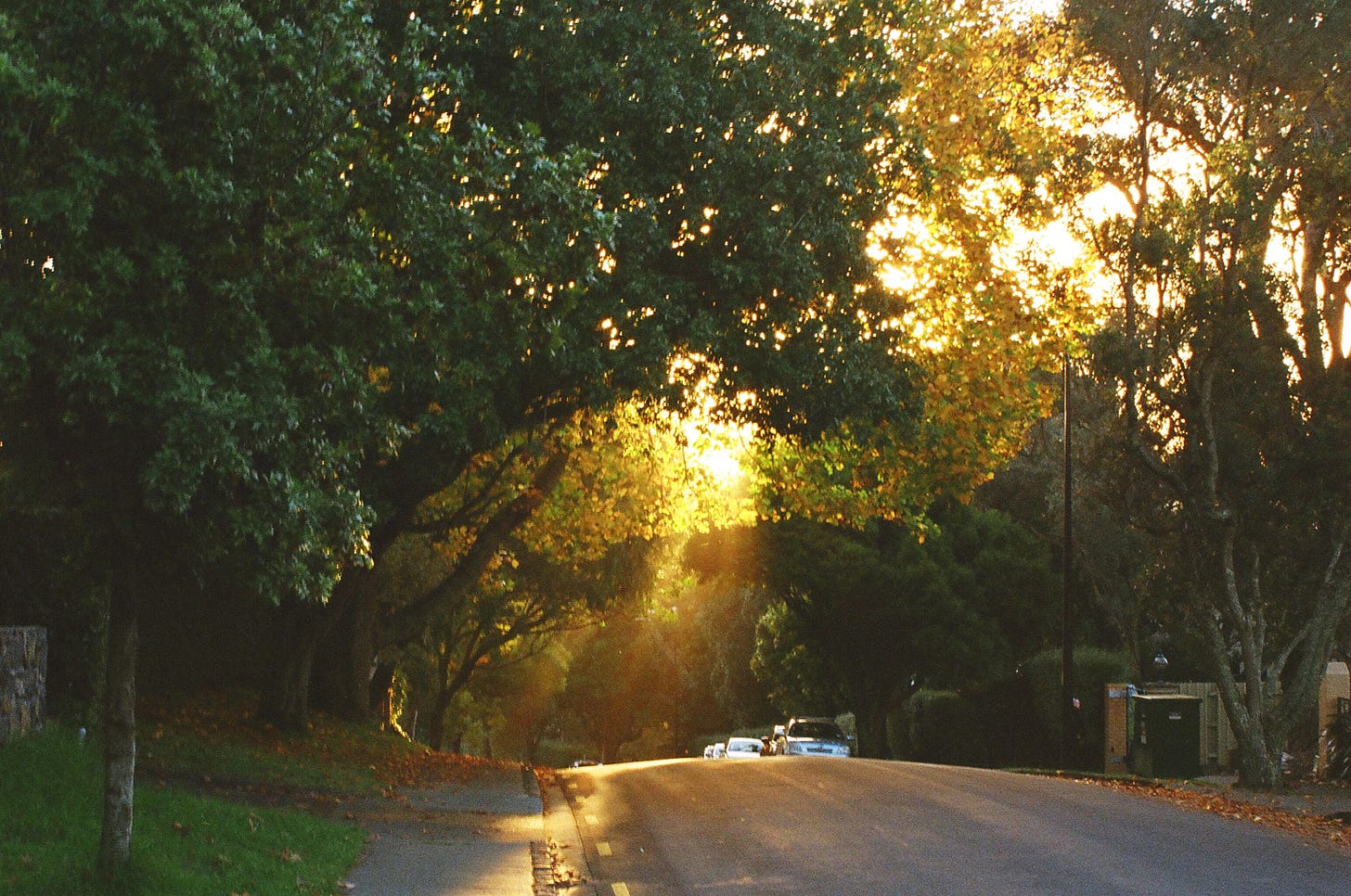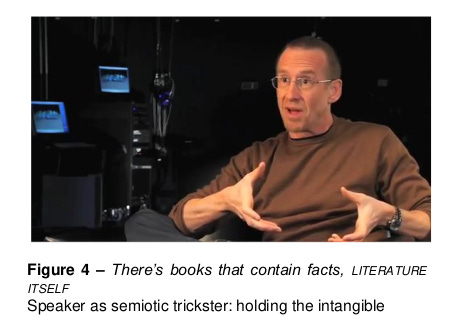The science of the soul as spiritual vivisection
> … an accusation of the age in which I live and a command to be human in this most inhuman of ages, to guard the image of man for it is the image of God.
Here I will rely on a single assumption, one which you must either entertain or reject at the outset: the All is an undivided wholeness in flowing movement. There is thus a wholeness in which all things are one. This is a common enough idea among perennial philosophies and in mystical experiences. But this wholeness is not a word to be grasped as any other; it can only gesture at that which can never be grasped—hence it is empty, containing in itself only the ultimate emptiness of all other entities.
This is a fundamental truth of the spiritual path: “The traveler is bound for the world's end within.” The illusory nature of our separate self is another common refrain across traditions. This is perhaps more prominent in Islam thanks to Sufism, though it is also seen at the mystical edges of the Christian tradition. Eckhart says, for instance: ~“the eye with which I see God, and that with which He sees me, are the same eye.” Here we find that the wholeness of all things, of course, implies the falsity of the divisions which our minds create.
Against this we see the technical devices of psychology, psychometric tests and schematic narratives; by these tools the soul is dissected. Yet beyond that, we fragment ourselves further to the extent that we live in the world rather than with it. The artificial affordances which now constitute our environment have reduced us to interacting largely with projected aspects of our ego. All around, even within, we are encompassed in a psychic shell built entirely of dead things. This is the world in which our fantasy plays while we sleepwalk away our borrowed time.
The proper path leads us out of this (paradoxically illusory) shell; to leave the cave and see the true sun. Plato’s story has been woeful misread to constitute some sort of technical method to the achievement of truth; or that this knowledge is constituted in any conscious or reflective form. This is obviously not the case, yet that is what a trend in Western philosophy has offered: Bacon, Descartes, Leibniz. We have reduced knowledge more and more to the material; then by taking the human soul as the subject of a new science, we have fragmented and materialised man as well.
This risk of spiritual materialism is perhaps inherent in literacy and, in particular, the tide of texts which followed the advent of the printing press. The apparent division between concepts in written language, for instance, gives the false impression that words denote separate things. See a further example in the rise of sans serif, whereby even the last hints of cursive’s subtle weave are soon to be forgotten; note the stark spaces between words, each seeming to float alone above a blank background.
Such (apparent) separation was less salient in song, wherein the unity of a single spirit clearly exhales each separate note; and similarly in dance, where all is united by the embodied dancer. These points all puncture an illusion which, nevertheless, stubbornly persists. We can readily see that in some sense even the division of printed text is only apparent, as words make sense only insofar as ‘filled in’ by the sediment of past experience—sentence, paragraph, context, etc. Neither word nor sentence is ever an island; at most they may be a peninsula.
Still this has not avoided our idealising the material; taking the book to contain knowledge, for instance, and indeed we are even seen to act this out.
We thus somehow seem to believe—or act is if, which is much the same—that knowledge is contained in books. We think that because we own many books, we have knowledge. Some few think their claim holds water because they have read them. All here are mistaken. The fount of knowledge is elsewhere, with the best words merely directing us within. There is in all of us a basic pattern of remembrance, of the commonalities of experience; embodied, sensible, social, spiritual, etc. As Whitman puts it:
These are really the thoughts of all men in all ages and lands, they are not original with me. If they are not yours as much as mine, they are nothing, or next to nothing.
That which we find in books was really with us all the while. What then are all these books? At worst they are little more than clutter, something external which has merely been assimilated to the ego. Here we risk mistaking for wisdom what is instead but an aspect of the common pitfall which Chögyam Trungpa calls spiritual materialism:
As soon as we cast something into a role, as soon as we put a label on it, as soon as we name it and give it life by virtue of our investment (read: ego), we take away all its power and it is nothing more than an event—it is no longer a spiritual revelation, but simply a material experience. That is spiritual materialism at its peak.
Psychology as it is practiced today is more or less the same. I have a friend that has suffered deeply. Whenever things would turn for the worse, they would be thrilled to receive a new diagnosis; thereafter hung on every word of their doctors. Once they asked for me to let them look at journal articles using my university login. They had just been diagnosed with avoidant personality disorder and wanted to find out about themselves. Always they had faith in those that offered help. Always they were only disappointed. Trust none that promise the intangible lest we feel a loss as it inevitably falls through our fingers.
The answer will never be in a technique or text, though these may be stakes which sometimes remind us of the way; yet always we are not the dead wood which supports but the plant itself which grows—an inviolate wholeness, moreover, in the image of God. The techniques of the soul fragment us into further pieces; we ask about traits and values and seek to bring all of our being into conscious awareness that we might better manage it. This is the way of the whip, of war. We must not fight but merely ask for grace. The true way is that of cosmic dance, a firm yet reflexive attitude which loves all it encounters but always follows its own tune.



